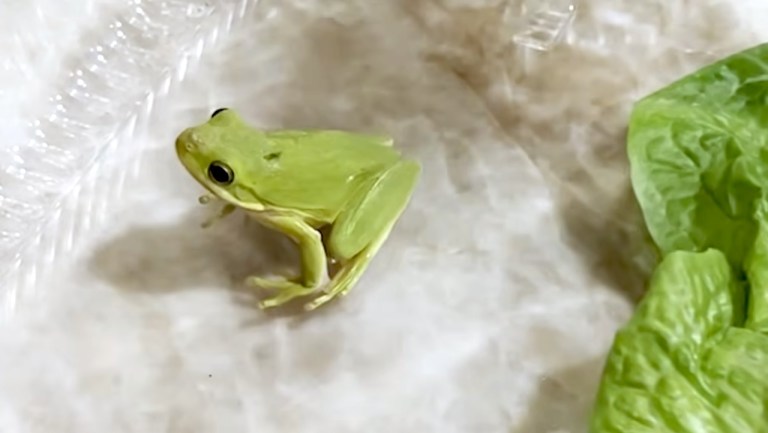Fascinating NASA Study on How Space Affects Health Using Data From Astronaut Twins Mark and Scott Kelly
Wired senior writer Robbie Gonzalez had the amazing opportunity to speak with Dr. Francine Garrett-Bakelman who worked on “The NASA Twins Study”. This study took advantage of very rare situation in which twin brothers Mark Kelly and Scott Kelly who also happen to be astronauts.
Mark had retired when his wife, former Congresswoman Gabby Giffords was tragically shot in a 2011 assassination attempt. Scott continued his career in space, providing researchers with a unique opportunity to study the effect that space has on the human body over different periods of time. Mark had spent 54 days in space before permanently grounding himself, while Scott had spent over 340 days in space.
Dr. Garrett-Bakelman explained the science behind this study, what they were looking for and how they measured the effects.
Scott Kelly came up with this concept that it would be really great to do this research project and study the effects of long-term spaceflight on not only physiological parameters that NASA really studies heavily and has been for many many decades but to really expand that to include molecular information and some additional parameters that might be important for long-term space travel, using his brother as a control…because they’re genetically identical…. Scott Kelly collected biological samples like blood and urine while he was in space and at the same time his brother Mark Kelly was on Earth collecting the exact same kinds of samples.
The study ultimately found that extended time in space can have negative effects upon an astronaut’s health.
Sequencing the components of whole blood revealed that the length of telomeres, which is important to maintain in dividing cells and may be related to human aging, changed substantially during space flight and again upon return to Earth. Coupled with changes in DNA methylation in immune cells and cardiovascular and cognitive effects, this study provides a basis to assess the hazards of long-term space habitation.






